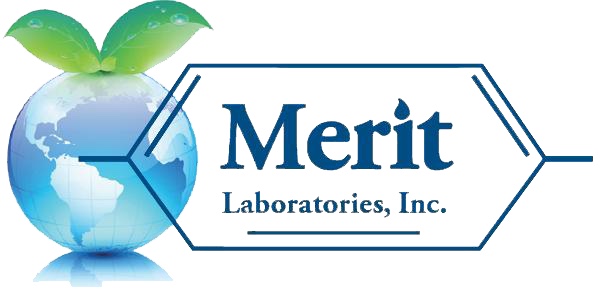The PFAS reporting period under the Toxic Substances Control Act (TSCA) has been extended six months. The U.S EPA announced direct final and parallel proposed rules that delay the reporting period for the new TSCA PFAS requirement. Previously scheduled to begin the reporting period on November 12, 2024, the beginning of the reporting period is now delayed until July 2025.
The U.S. EPA finalized the new reporting and record keeping rule in October 2023. The rule will provide the largest-ever dataset of PFAS manufactured and used in the United States. The finalized reporting rule under TSCA is a statutory requirement with the National Defense Authorization Act (NDAA - FY2020). The rule requires all manufacturers (including importers) of PFAS and PFAS-containing articles in any year since 2011 to report information related to chemical identity, uses, volumes made and processed, byproducts, environmental and health effects, worker exposure, and disposal to EPA.
The final rule expands on the definition of PFAS from the proposed rule to include 41 additional PFAS identified as being of concern. The EPA has determined that over 1,400 PFAS are known to have been made or used in the U.S. since 2011 that will be subject to the final rule. The final rule also streamlines reporting requirements and reduces the burden for those who made or used small quantities of PFAS for research and development purposes and for those who imported PFAS contained in articles into the U.S.
Merit Laboratories maintains DoD ELAP accreditation and is designated as a Small Business Enterprise (SBE) and Woman-Owned Business Enterprise (WBE). Merit Laboratories is a leading national PFAS environmental laboratory, analyzing drinking water, soil, wastewater, groundwater, and other sample matrices, including biosolids and sludge. Analytical methods performed by Merit for PFAS include drinking water by EPA 533, EPA 537.1, and EPA 537 rev. 1.1, soil and biosolids by ASTM D7968-17 with Isotopic Dilution, and wastewater, groundwater, and surface water by ASTM D7979-19 with Isotopic Dilution and development of the new EPA 1633 method.

